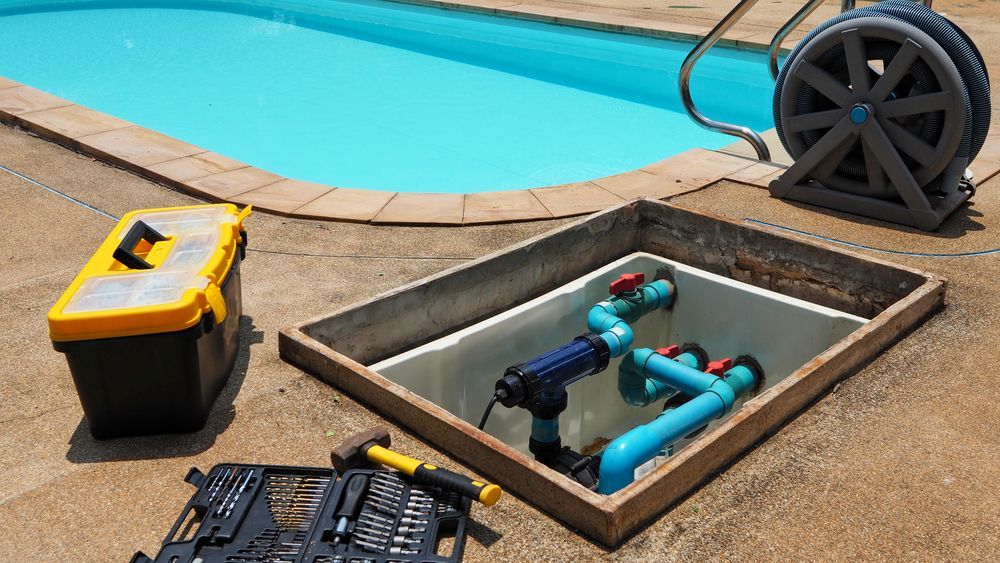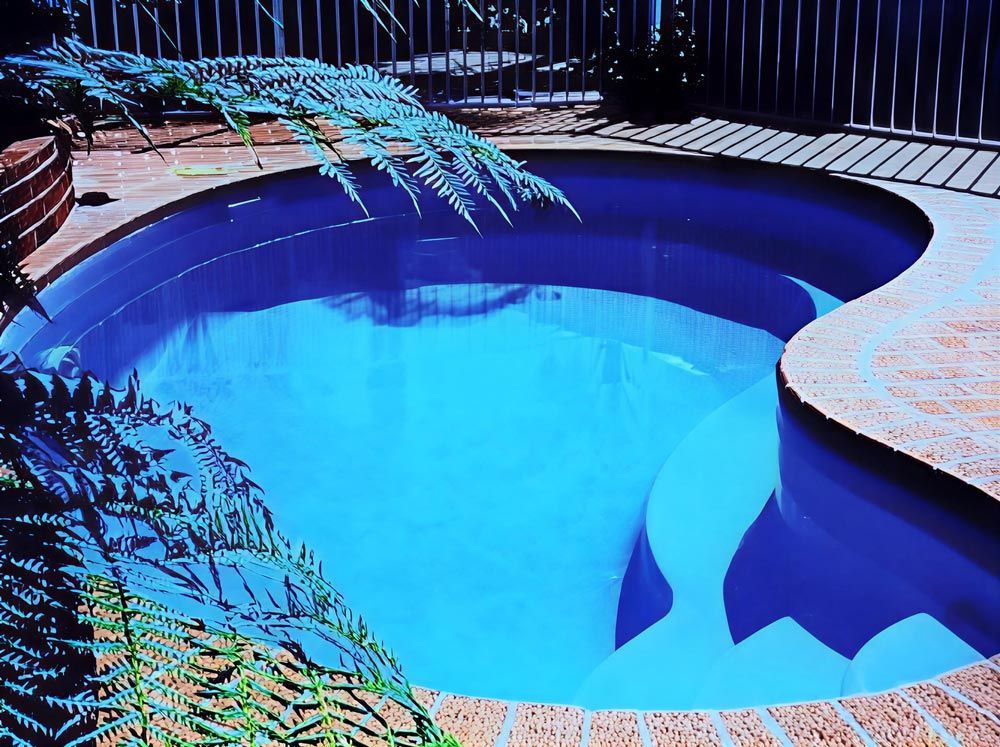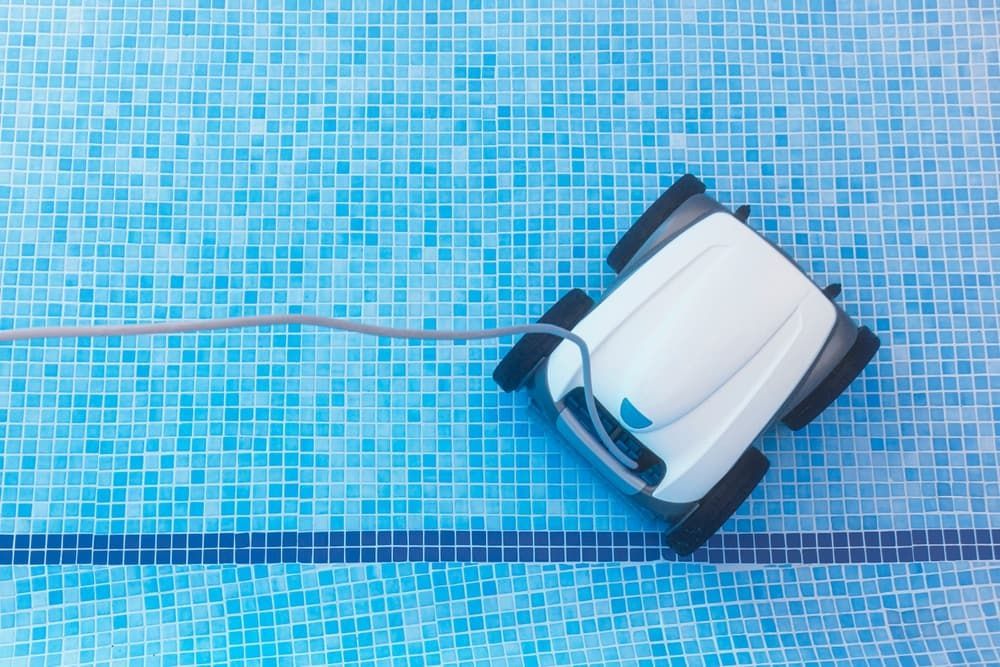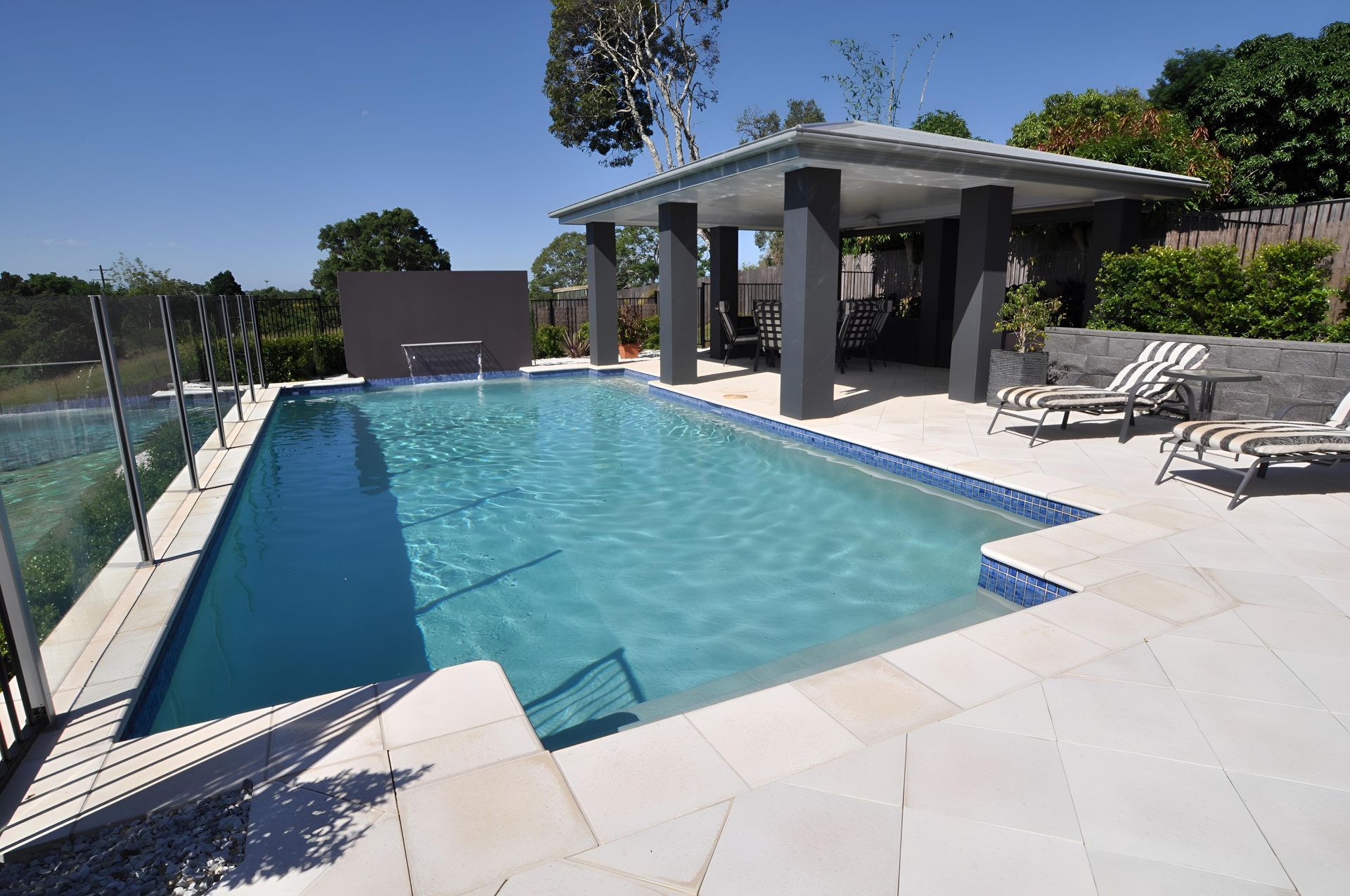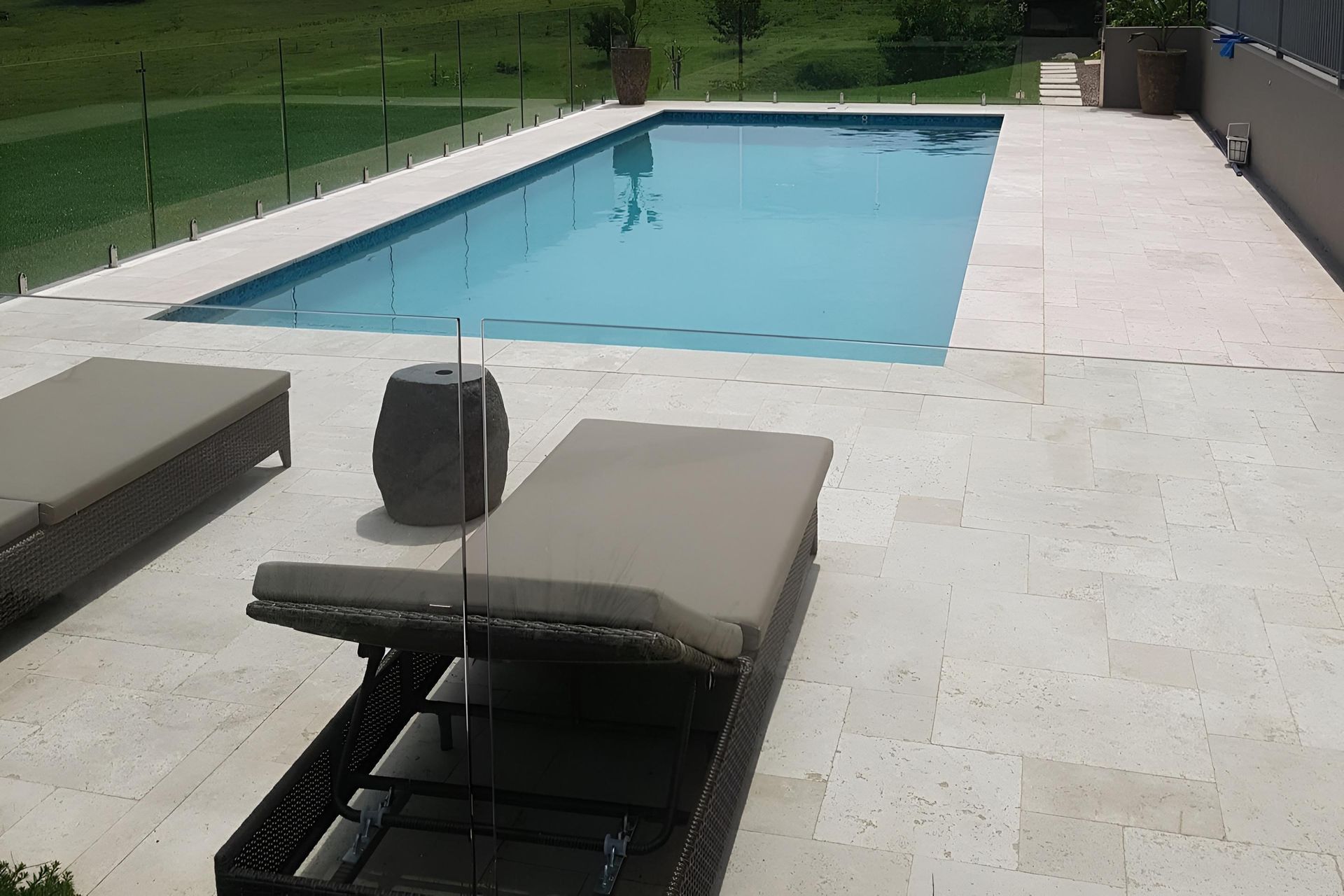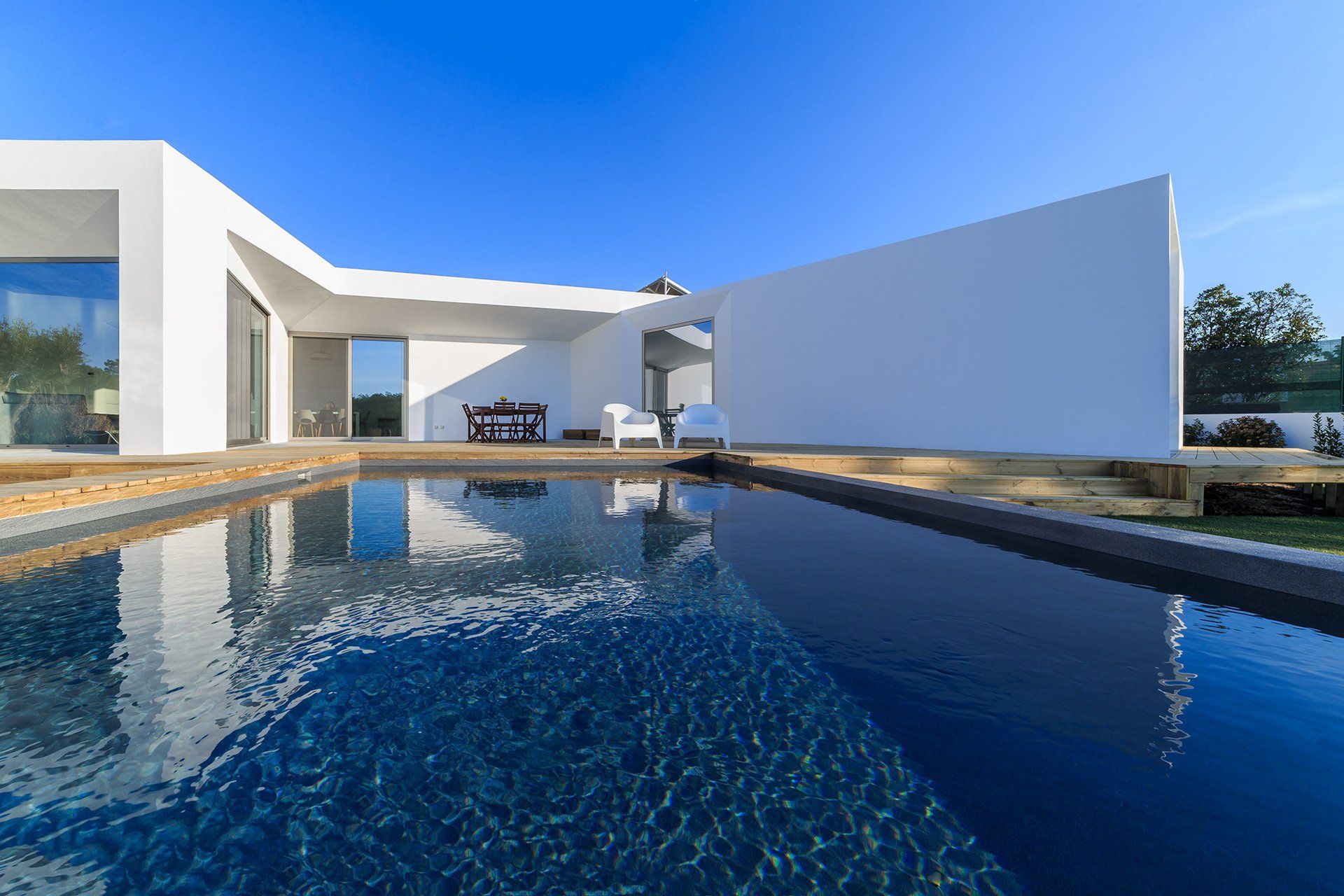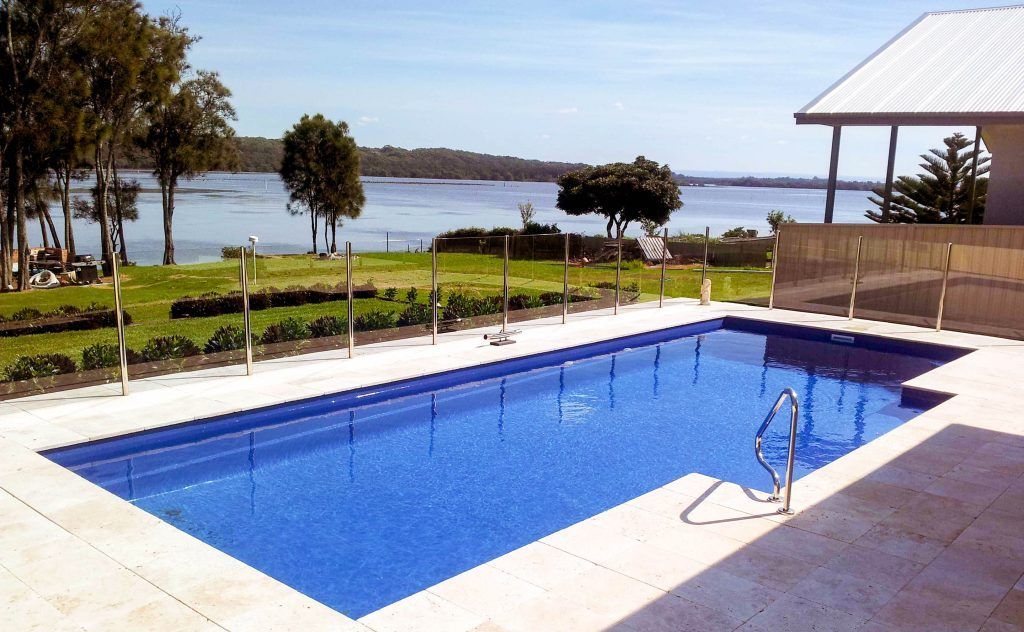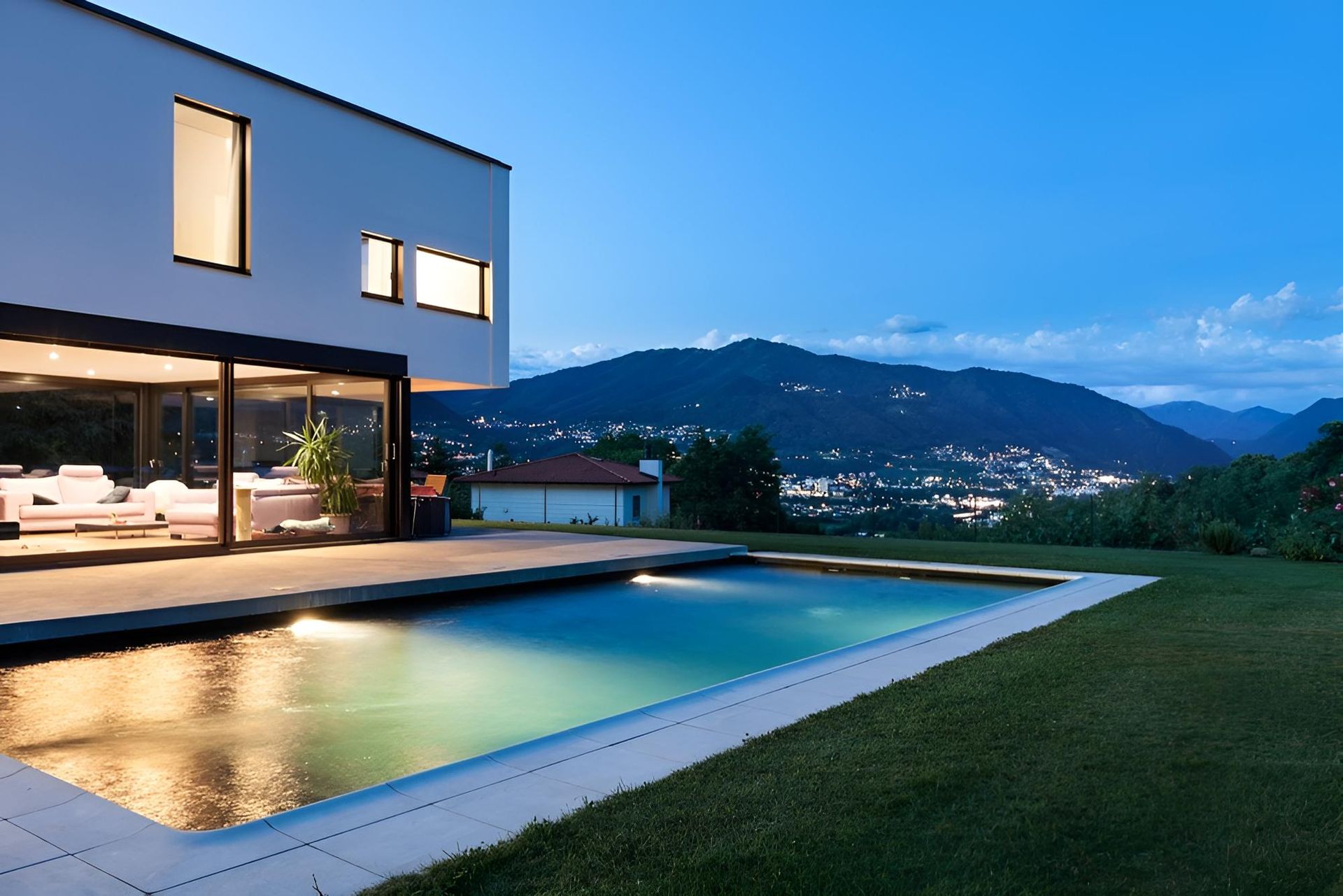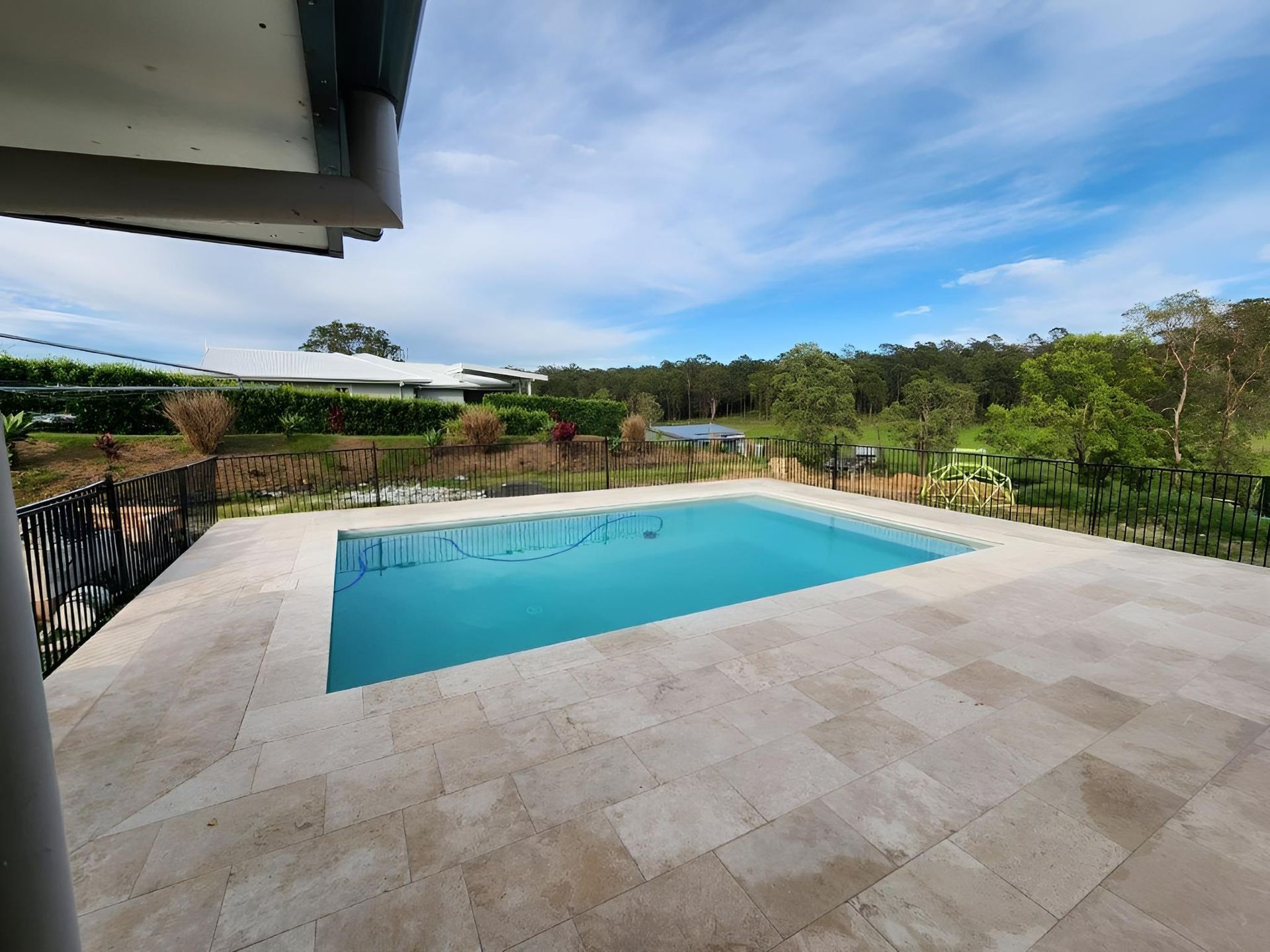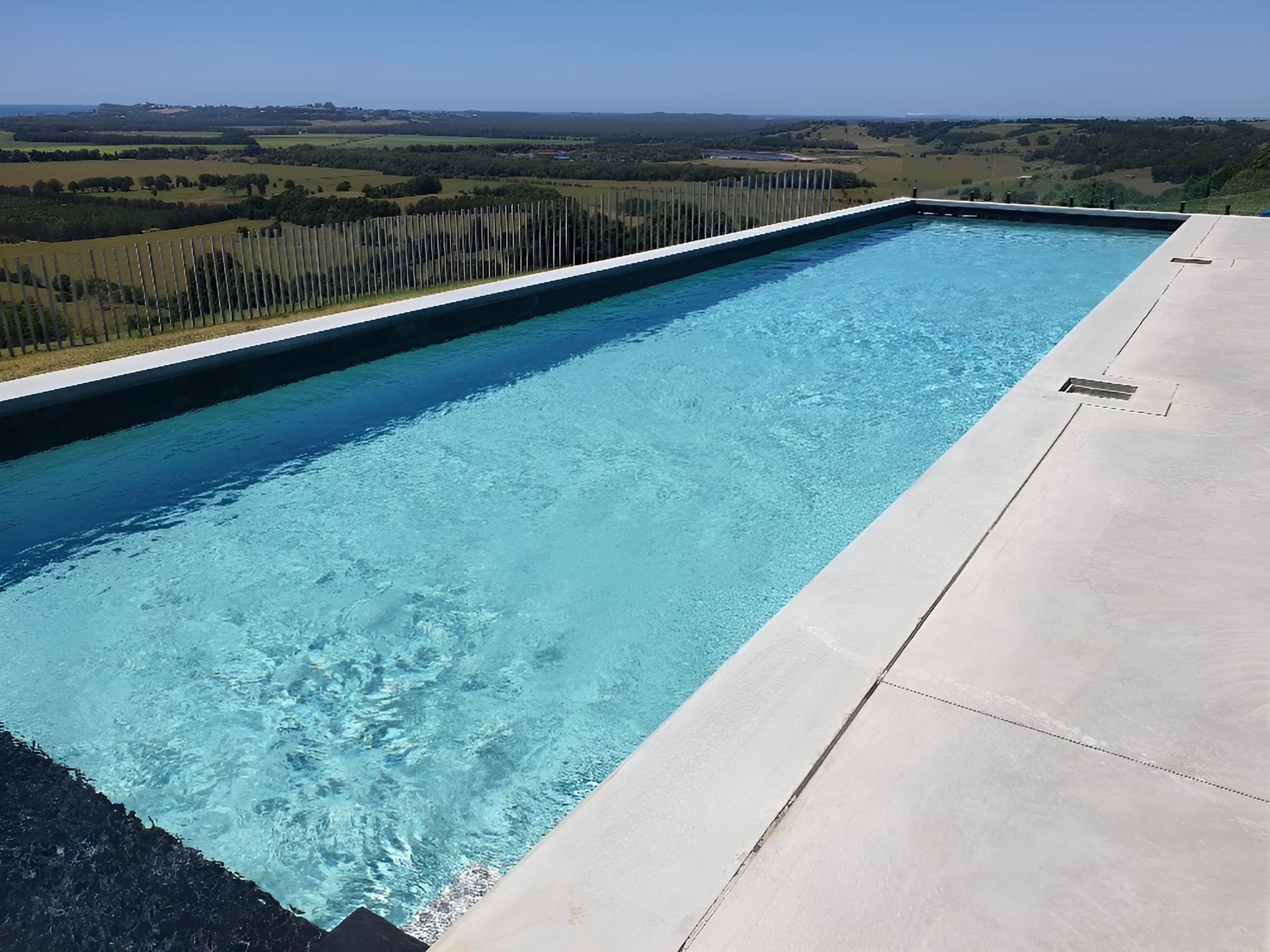Concrete Pools vs Fibreglass: Which is Right for You?
Are you thinking about installing a pool? Choosing between a concrete and fibreglass pool isn’t always straightforward. Each option offers unique advantages, challenges, and suitability depending on your lifestyle, property features, and long-term goals. Whether you’re planning a backyard upgrade or building a new home, understanding the critical differences will help you make an informed choice tailored to your needs.
Let’s explore how these two pool types compare across design, durability, cost, installation and more—so you can decide which fits your vision best.
Understand the Core Differences: Material, Build & Installation Timelines
The foundation of your decision starts with understanding how each pool is made and installed. Concrete pools are built from scratch onsite using steel-reinforced concrete and often finished with tiles or pebblecrete. In contrast, fibreglass pools are prefabricated shells delivered ready to install.
Concrete Pools:
- Custom-built to suit your site and design preferences
- Require excavation, formwork, reinforcement, pouring and curing.
- Longer construction timeline, often several weeks or more
Fibreglass Pools:
- Pre-manufactured shells are available in specific shapes and sizes
- Quick installation—often within a week once the shell arrives
- Less site disruption and faster completion
While concrete offers tailored construction, fibreglass provides speed and efficiency—ideal if you’re after a quicker route to summer swims.
Assessing Design Freedom: Custom Shapes vs Pre-Moulded Forms
Your creative vision plays a large role in determining which pool is right for your property. Concrete pools provide complete freedom in shape, size, and finish, making them ideal for complex or luxury designs. On the other hand, fibreglass pools come in a variety of pre-set styles but lack that same flexibility.
Advantages of Concrete Pools:
- Can be built to fit sloping or irregular blocks
- Suited for infinity edges, beach entries, or plunge zones
- Wide variety of internal finishes—tiles, quartz, or pebbles
Advantages of Fibreglass Pools:
- Sleek modern shapes are ready to install
- Built-in seating and steps in many models
- Quick selection process and visual consistency
If your design ideas are highly specific or you want a pool to complement an architectural style, concrete delivers customisation. For more straightforward builds, fibreglass offers stylish simplicity.
Evaluating Maintenance Requirements Over Time
Owning a pool requires upkeep, and maintenance is a key factor when weighing your options. Fibreglass pools are known for their smooth gel coat surface, which resists algae growth and makes cleaning easier. Concrete, while robust, is porous and requires more regular attention.
Maintenance Considerations:
- Fibreglass: Non-porous finish means fewer chemicals and less brushing
- Concrete: A Porous surface may require more frequent cleaning and algae treatment
- Fibreglass: The Surface doesn’t require resurfacing for decades
- Concrete: May need resurfacing every 10–15 years, depending on usage
If your goal is low-effort maintenance, fibreglass may appeal more. However, those prepared for a higher upkeep routine in exchange for aesthetic flexibility might lean toward concrete.
Considering the Long-Term Durability & Surface Wear
Both pool types offer longevity when built well, but they age differently. Concrete is incredibly durable and can last for decades with proper care, though its surface may deteriorate over time. Fibreglass pools resist cracking but can be more sensitive to ground movement or incorrect installation.
Concrete Pools:
- Long-lasting and highly durable under heavy use
- Surface finishes can chip or wear down, requiring resurfacing.g
- More tolerant of structural modifications or repairs
Fibreglass Pools:
- Gelcoat finish stays smooth and visually consistent
- Resistant to corrosion and UV fading
- Vulnerable to structural damage if backfill shifts or ground conditions change
Both pools can provide years of enjoyment, but climate, ground conditions, and proper installation are vital to maximising their lifespan.
Cost Implications: Initial Investment vs Lifetime Value
Budget is often a key decider, but it's important to consider upfront and ongoing costs. While fibreglass pools are more cost-effective in the short term, concrete pools may offer better value for unique property types or long-term ownership.
Upfront Costs:
- Fibreglass is generally less expensive to install
- Concrete construction involves more labour and time, increasing costs
Ongoing Costs:
- Fibreglass needs less chemical usage and fewer surface treatments
- Concrete may require more cleaning and surface maintenance
Lifetime Value:
- Fibreglass pools are cost-efficient and low-maintenance
- Concrete pools increase in value with premium custom designs and longevity
Choose based on your overall budget, but factor in the maintenance savings or lifestyle return over the years of ownership.
Site Compatibility & Property Considerations
The characteristics of your land can influence which pool is a better fit. Access, soil type, and slope all play a role in determining suitability.
Fibreglass Pools:
- Best suited to properties with easy crane or truck access
- Limited to specific depth and shape due to transportable shell design
Concrete Pools:
- Ideal for sloped or uniquely shaped blocks
- Can be built on-site regardless of terrain or space constraints
If your property presents installation challenges, concrete allows you to build a pool that suits the environment, rather than conforming to prefabricated limitations.
Speed to Swim: When You Want to Use Your Pool Sooner
If timing is important—say you want your pool ready for summer holidays—installation time can be a major factor.
Fibreglass Pools Offer:
- Quick turnaround from delivery to water-ready
- Minimal delays due to weather or contractor scheduling
Concrete Pools Require:
- Extensive construction process, including curing time
- More likelihood of delays from weather ortrades coordination
Homeowners who want to fast-track their pool enjoyment will appreciate the speed and certainty of fibreglass.
Resale Appeal & Buyer Expectations
If you’re thinking long-term or planning to sell, it’s worth considering which type of pool offers better curb appeal and perceived value. Buyers often value ease of maintenance and visual impact.
Concrete Pools:
- High-end buyers may favour custom design and premium finishes
- Unique architectural integration can increase the wow factor
Fibreglass Pools:
- Appeals to families seeking functionality and low upkeep
- Modern, clean-lined designs attract lifestyle-driven buyers
The right pool can enhance your property’s value, but matching it to buyer expectations ensures a return on investment at sale time.
Still Deciding Between Concrete & Fibreglass? Let’s Talk
At
Ballina Pool Shop, we offer a wide selection of pool solutions to help you find the perfect fit for your home and lifestyle. Whether you’re drawn to the design flexibility of concrete or the convenience of
fibreglass, we’re here to guide you through every step of the journey—from planning to splashdown.
Get in touch with us today!

